The Extraordinary Things We Hide
On a recent trip to India, I was reminded about how public life is in crowded, urban cities. Toddlers throw their tantrums on the corner of a busy street. Moms do laundry on the sidewalk. Teenagers gather in front of the coffee shop, music playing, clearly up to absolutely nothing at all. Two men work together on a motorcycle, leaning into the motor, tools in hand, trying to figure how to get it running again. Little boys chase balls. Little girls walk hand in hand, whispering secrets with squeals of delight.
In these intense microcosms of human life, brokenness doesn’t hide either.
A lonely widow sits on her stoop, staring into the streets, hoping for recognition, feeling the sting of yet another day without her life partner. Three young men, clearly intoxicated, yell jeers at women passing by. One woman passes through them, head down, afraid to look up. Angry voices escape through open windows. An ambulance tries to get through the street crowded with scooters, motorcycles, and vegetable carts. Sewage overflows from narrow and cracked drain pipes. A crippled gentleman sits on his mat, hands out, basket empty.
The truth is that these snippets of life occur in every village, in every town, in every state and in every nation across the globe. We just don’t see them.
Instead, we see neatly groomed yards and closed garage doors. We see children waiting in cars at the corner for the school bus. At the end of the day, we see those same cars waiting to take them safely back to their home one block away.
We go from our homes to our cars to the store to work to school, hiding the laundry, the tantrums, the runny noses, and the precious sight of little girls doing each other’s hair.
In keeping our neat suburban lives tucked in behind cold brick walls, we hide not only the extraordinary moments of ordinary life, but also the heartache.
Make no mistake, there is a lonely widow living near you, desperately wishing someone would knock on her door with a cup of tea to share. There are children hiding from an angry, alcoholic father. In that same home, there is a mom who takes the blow and covers the scars with make-up and made-up stories. There is divorce, unfaithfulness, hurt, rebellion, and empty bank accounts.
I’m not entirely sure why we in the West try to hide life. Maybe it’s some outside pressure to prove we are successful. Maybe it’s to hide our own insecurities, our own pain, our own humanness.
But urban life reminds me that people are people, that life is life, and the most extraordinary moments really occur in the most ordinary minutes.
Like when a baby begins to smile back or when a toddler insists on holding the popsicle on her own… and it falls. Or when your daughter has her first crush, or your son starts to dress up to go to school. And then there’s the evening your family lingered at the table for longer than usual, laughing, arguing, telling stories, and fighting over the last piece of garlic toast.
These are moments that transcend national, religious, and economic barriers. They are the moments that make us human, that keep us humble. Maybe if we begin to look a little more closely at the life we try to hide, we’ll find that we are really quite similar, that we are… extraordinary.
And maybe when we realize how extraordinary the human experience is, we will see others as mirrors of ourselves and we will be filled with compassion. Maybe that compassion will compel us to love others as we have been loved, to share our joy and our resources with the crowds who are “harassed and helpless.” Maybe we will become workers in the harvest rather than recipients of the first fruits.
And maybe, as we live with our hearts wide open, we will see our own lives in a fresh new way, as simply extraordinary.
Watch our video stories for a glimpse of extraordinary life.
Jesus went through all the towns and villages, teaching in their synagogues, proclaiming the good news of the kingdom and healing every disease and sickness. When he saw the crowds, he had compassion on them, because they were harassed and helpless, like sheep without a shepherd. Then he said to his disciples, “The harvest is plentiful but the workers are few. Ask the Lord of the harvest, therefore, to send out workers into his harvest field.” Matthew 9:35-37 NIV


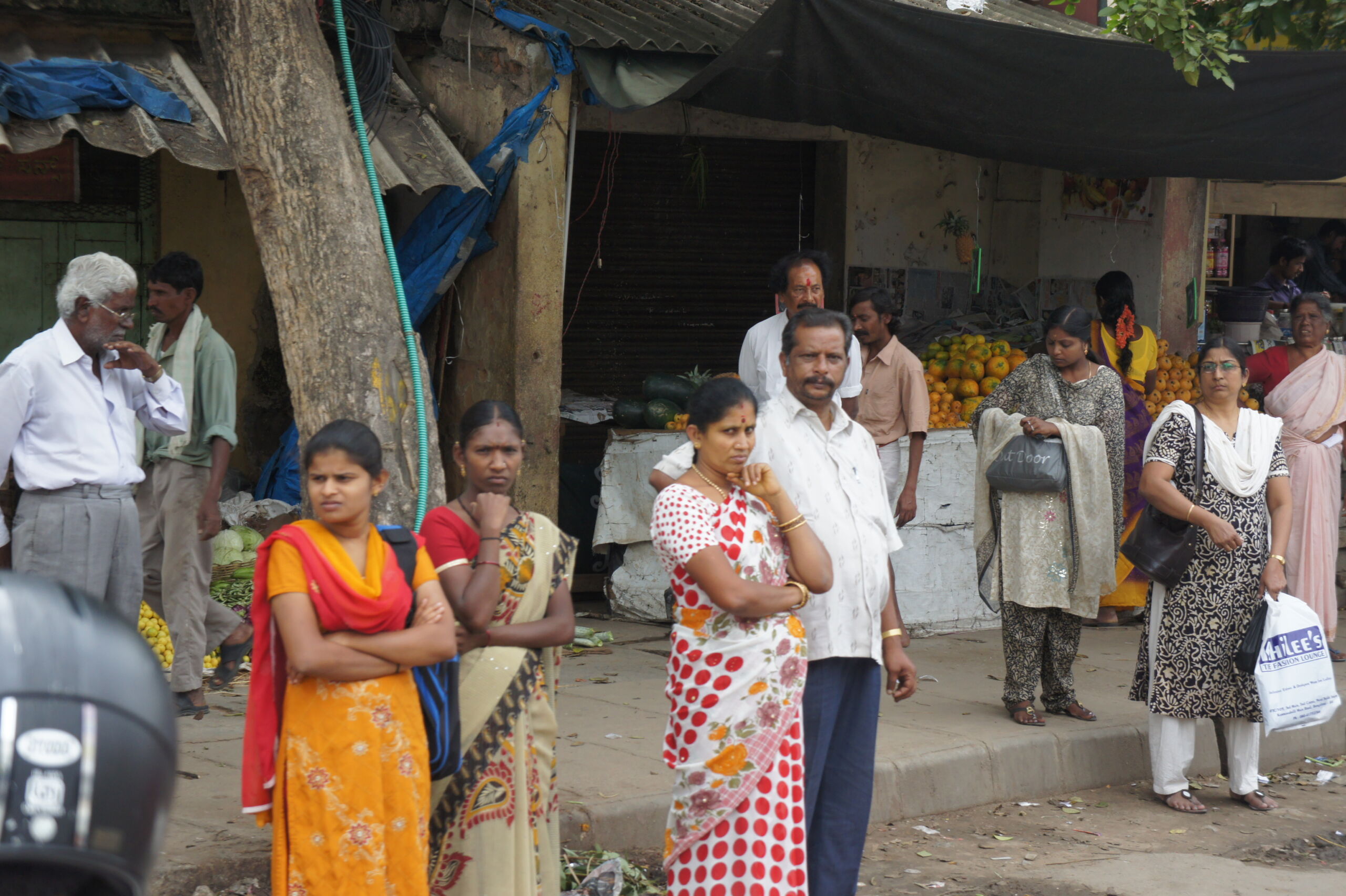
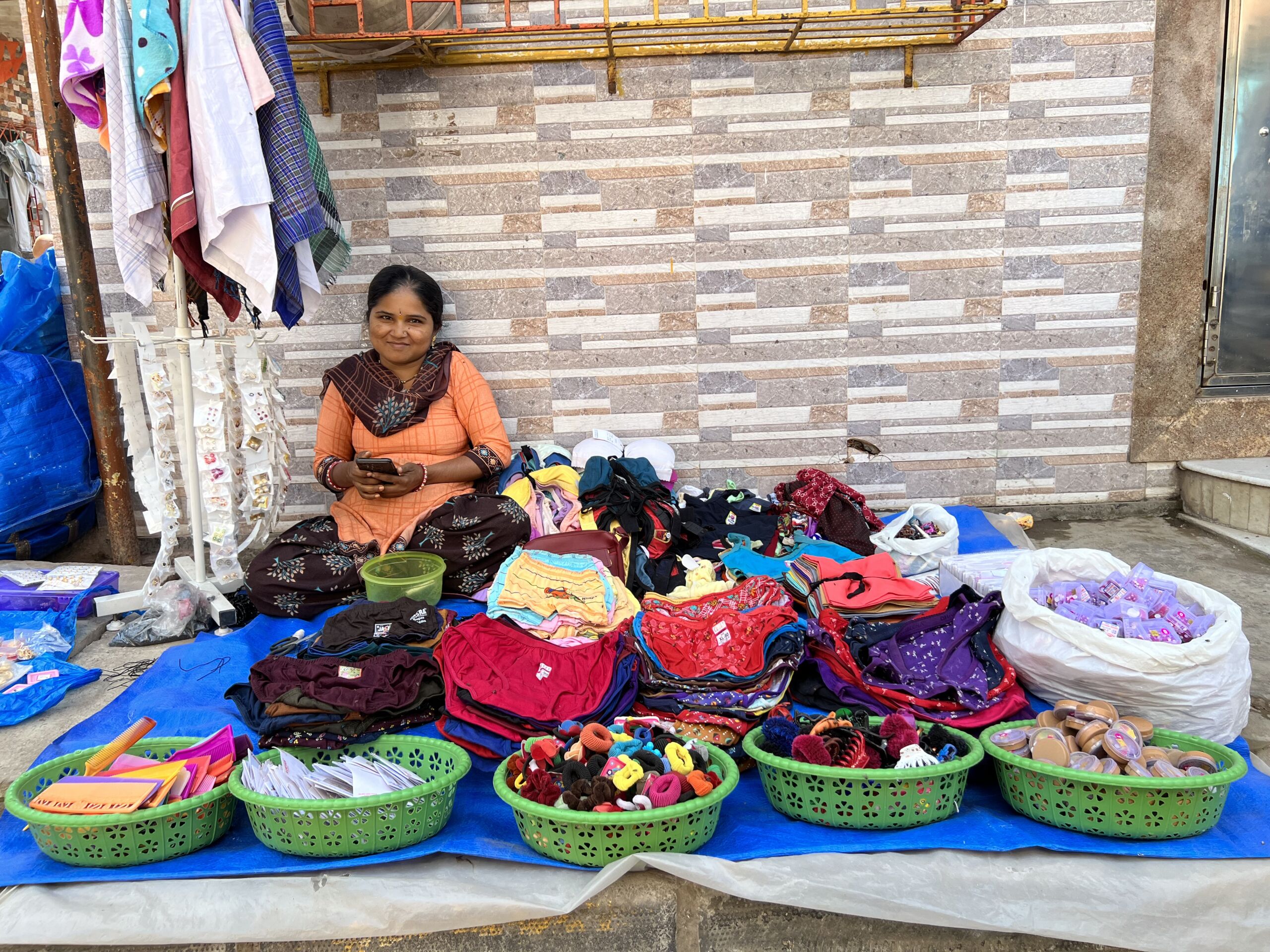

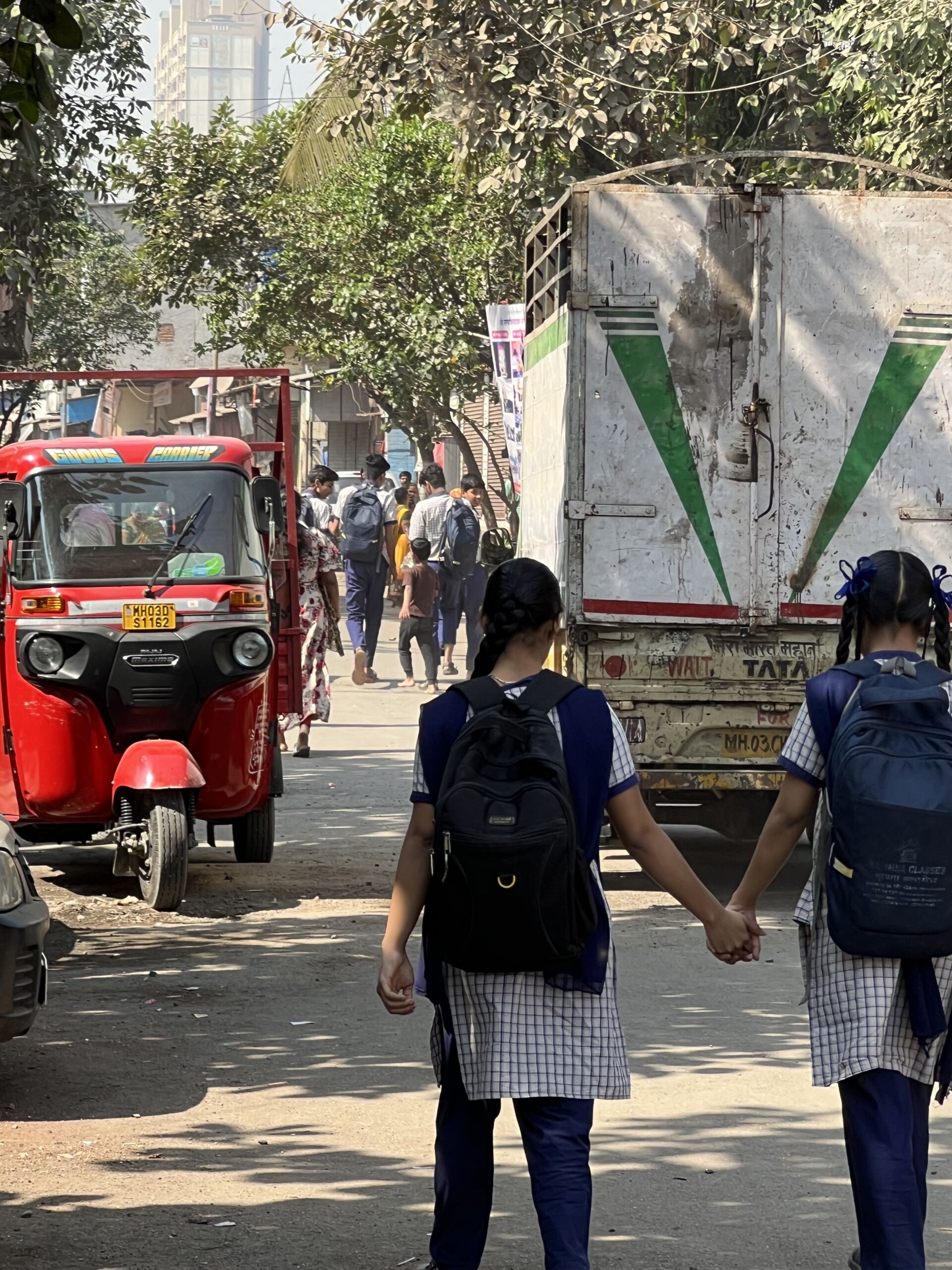
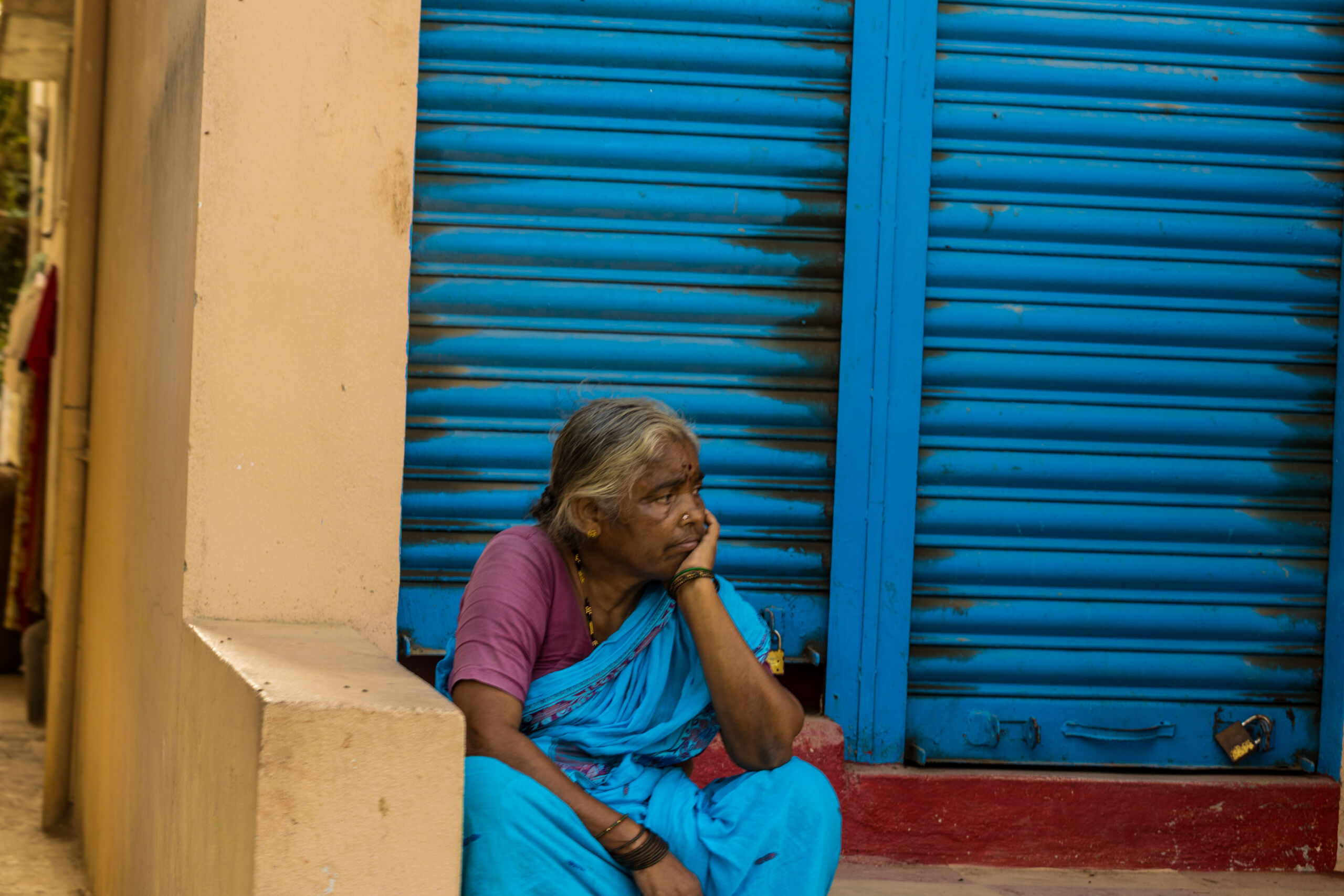
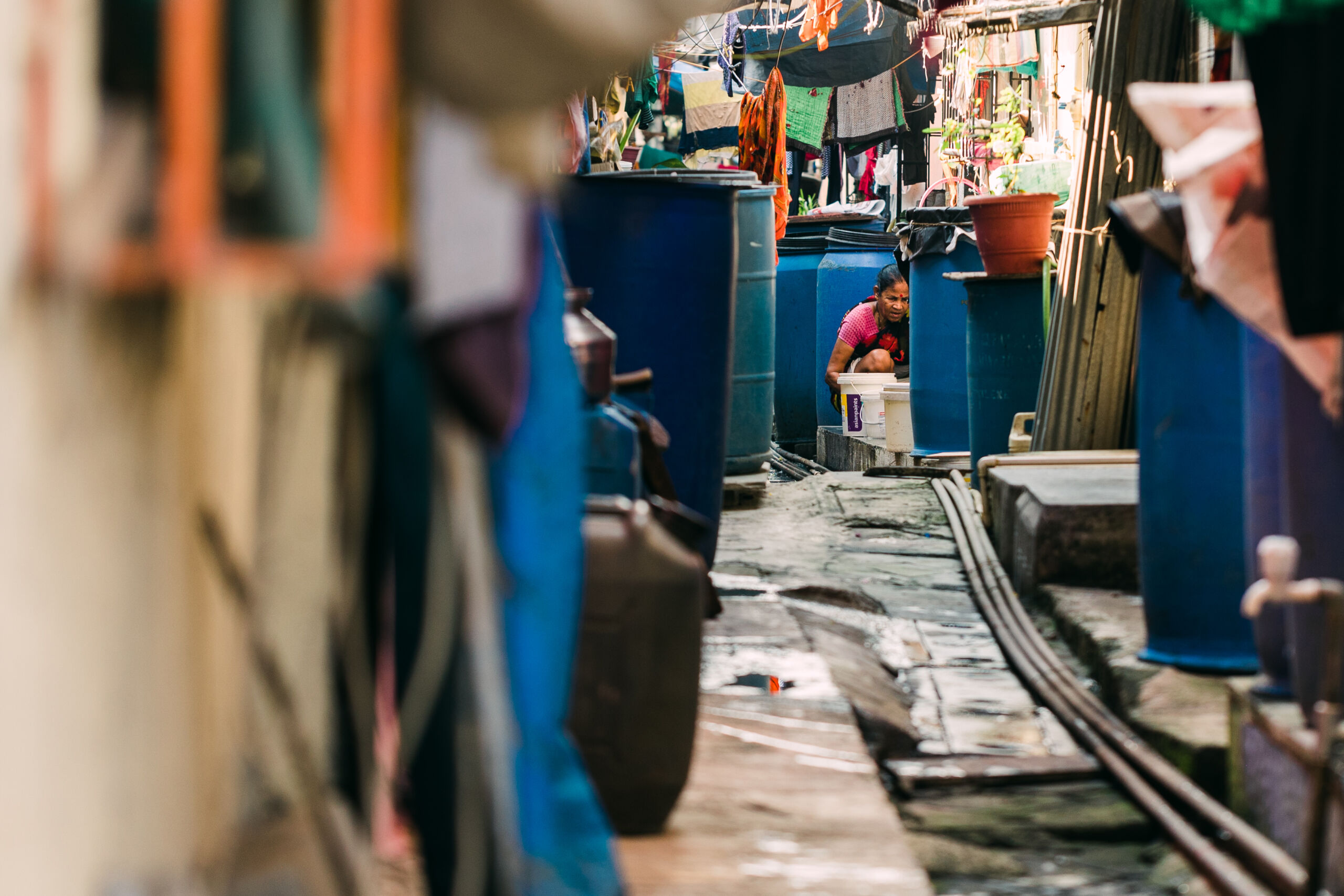
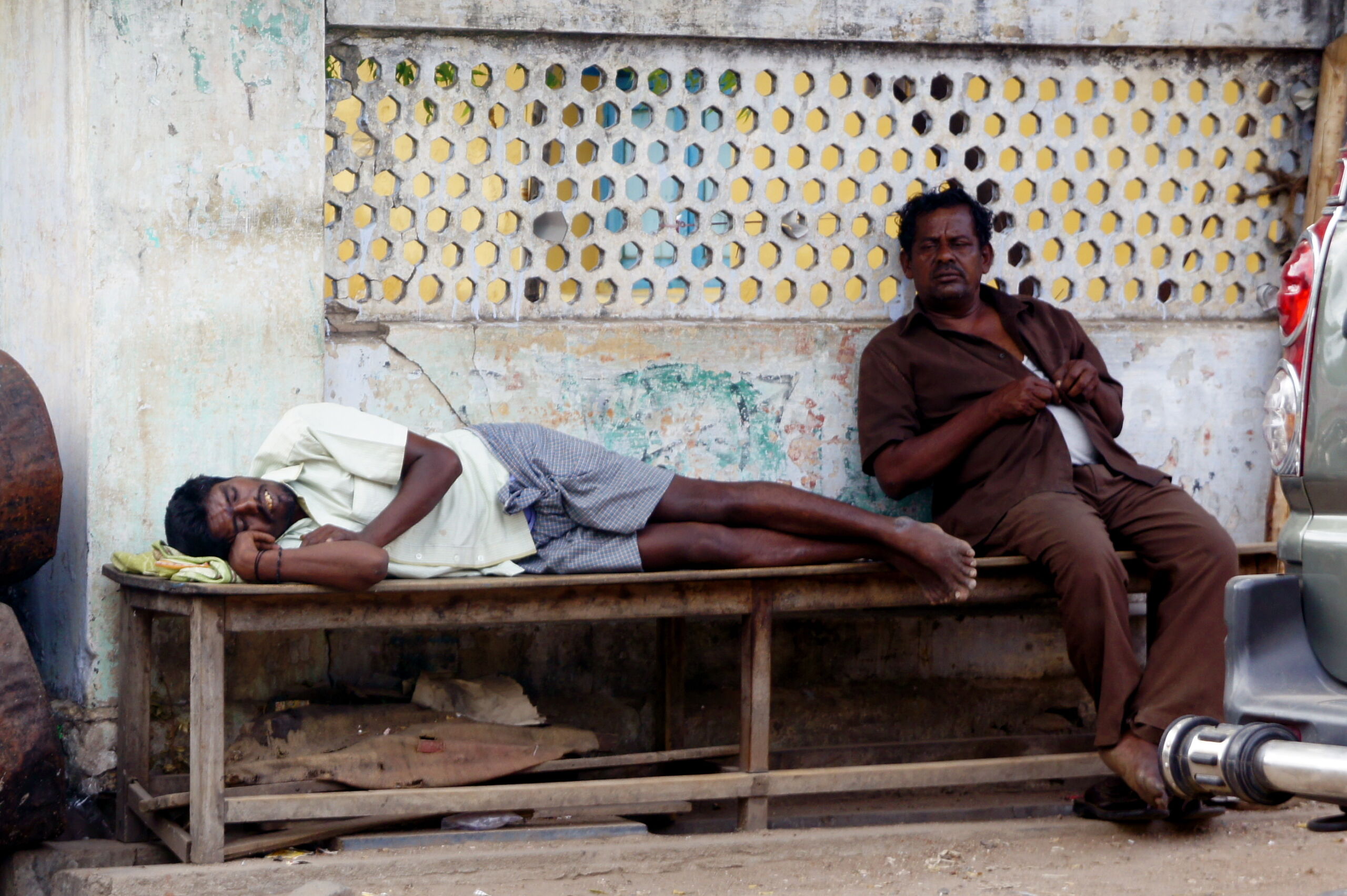
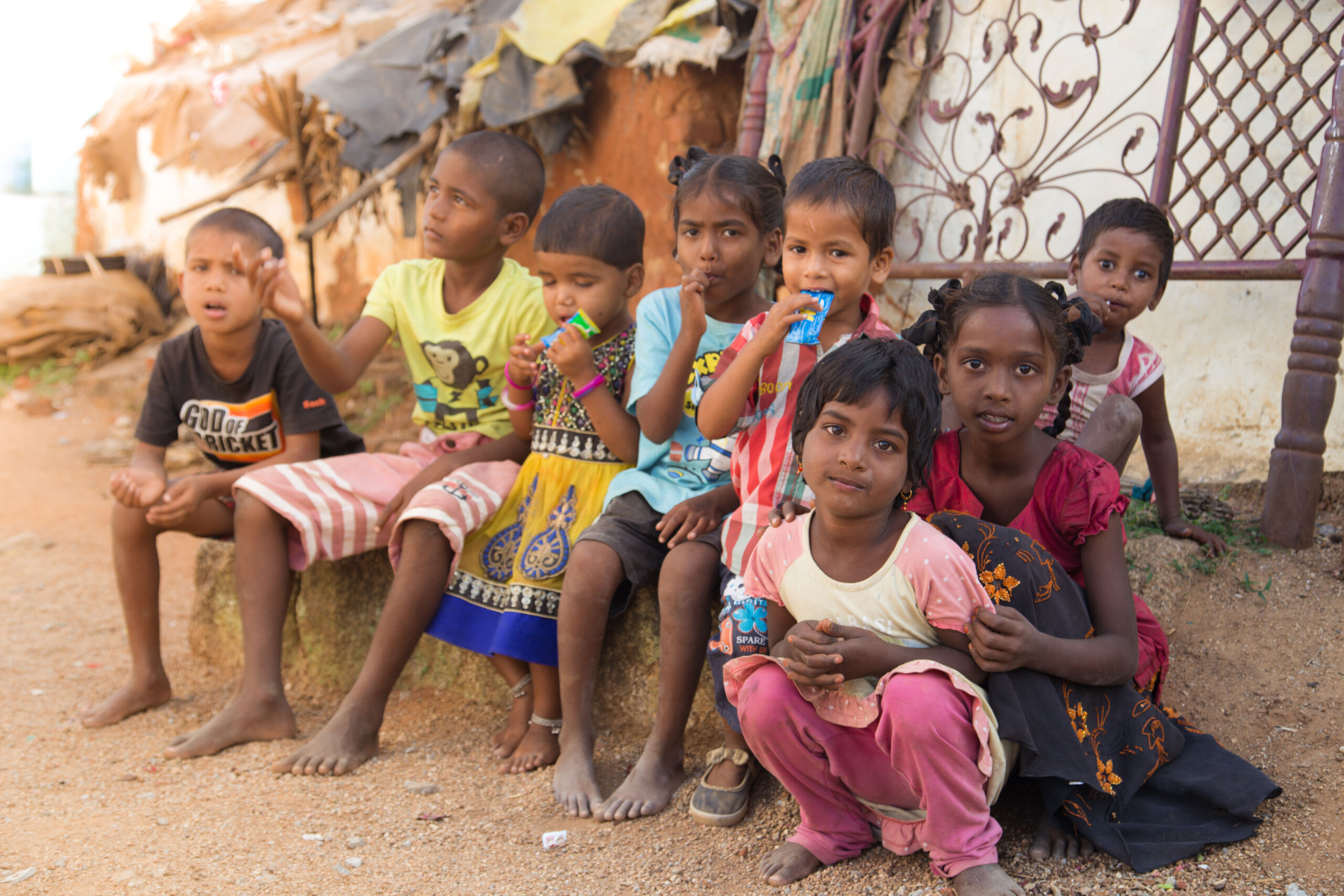
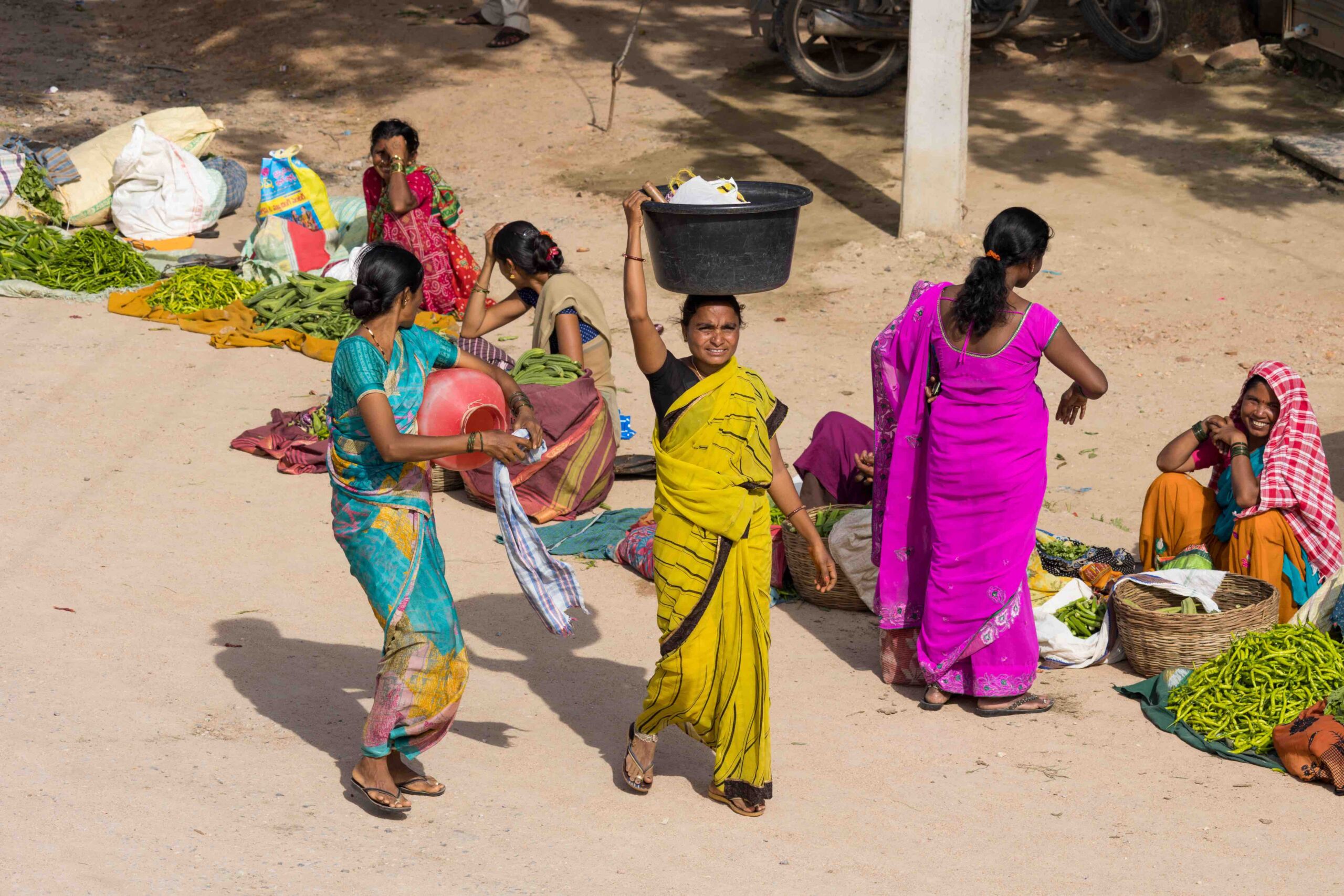
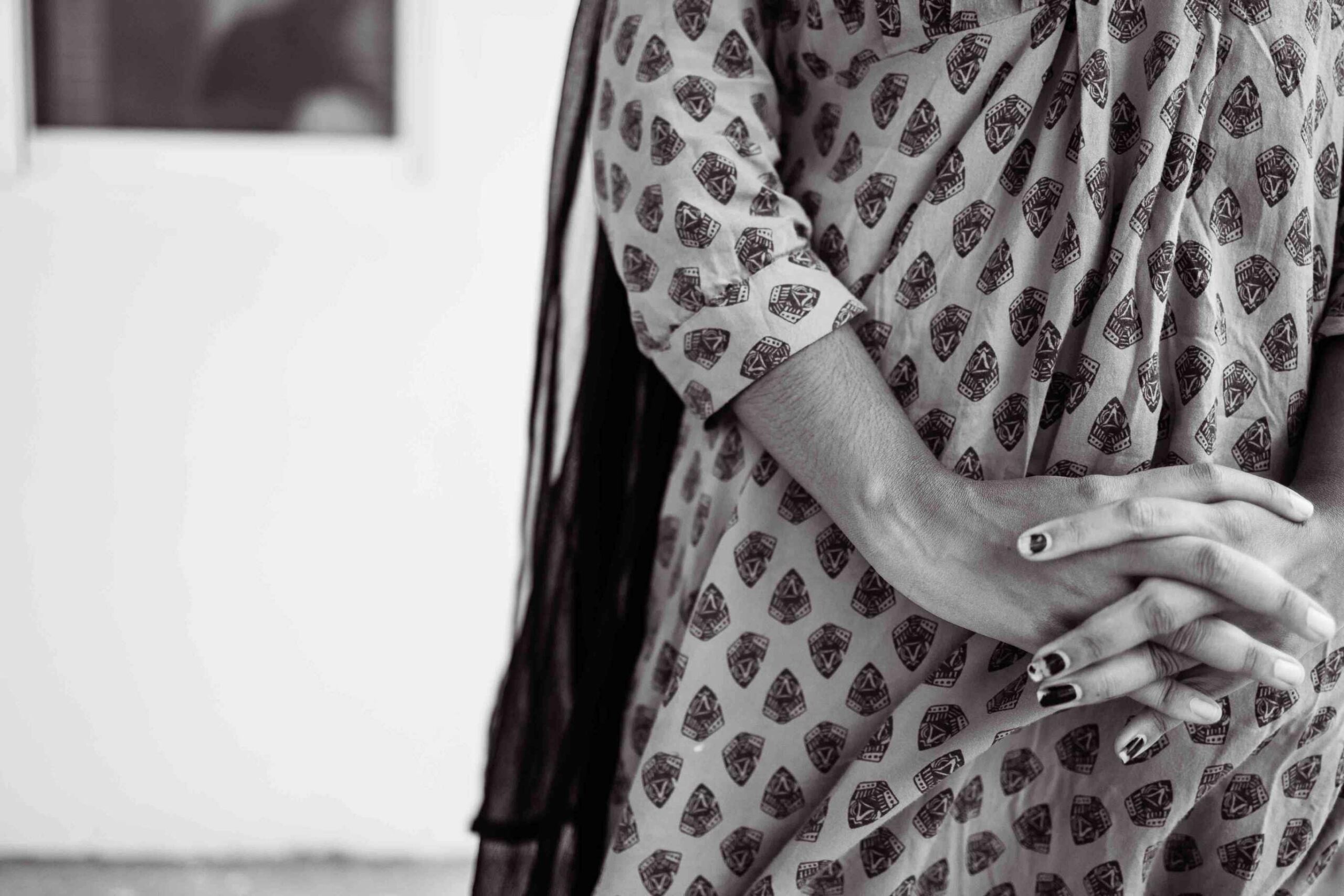
Get Social